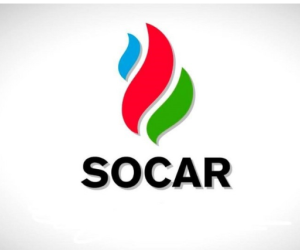Trump’s first sanctions on Russia take effect, pushing Russian oil exports to a yearly low

The first package of sanctions signed by U.S. President Donald Trump targeting Lukoil, Rosneft and their subsidiaries has officially come into force. The measures hit Lukoil particularly hard — around half of its foreign assets, worth over $22 billion, are located outside Russia.
Even before the sanctions took effect, Lukoil subsidiaries in Iraq, Azerbaijan, Bulgaria, Kazakhstan and several EU countries faced operational disruptions. In Azerbaijan, Lukoil fuel stations switched to cash-only sales after banks halted transactions with the company.
The sanctions come as Russia’s seaborne oil exports drop sharply. According to Gazprombank data, Primorsk — Russia’s largest Baltic export terminal — cut shipments by 73% last week to just 43,000 tonnes per day. Ust-Luga shipments fell 40% year-on-year, while exports from Novorossiysk plunged threefold after a drone attack.
Only the Pacific port of Kozmino saw an increase, rising to 157,000 tonnes per day.
Russia’s total seaborne oil exports have fallen to a one-year low of 291,000 tonnes per day — 30% below last year. Greek tanker operators have begun refusing to ship Russian oil despite steep discounts; Urals crude in Baltic ports dropped to $36 per barrel.
The average price of Russian oil exports currently stands at $46 per barrel — $10 below budget assumptions. Economists warn the budget may fall short by up to 300 billion roubles in the coming months.
Russia’s finance ministry reports that oil and gas revenues fell 27% year-on-year in October and 21% over the first 10 months — a shortfall of nearly 2 trillion roubles.
N.Tebrizli




































 Photo
Photo 



 Video
Video 

